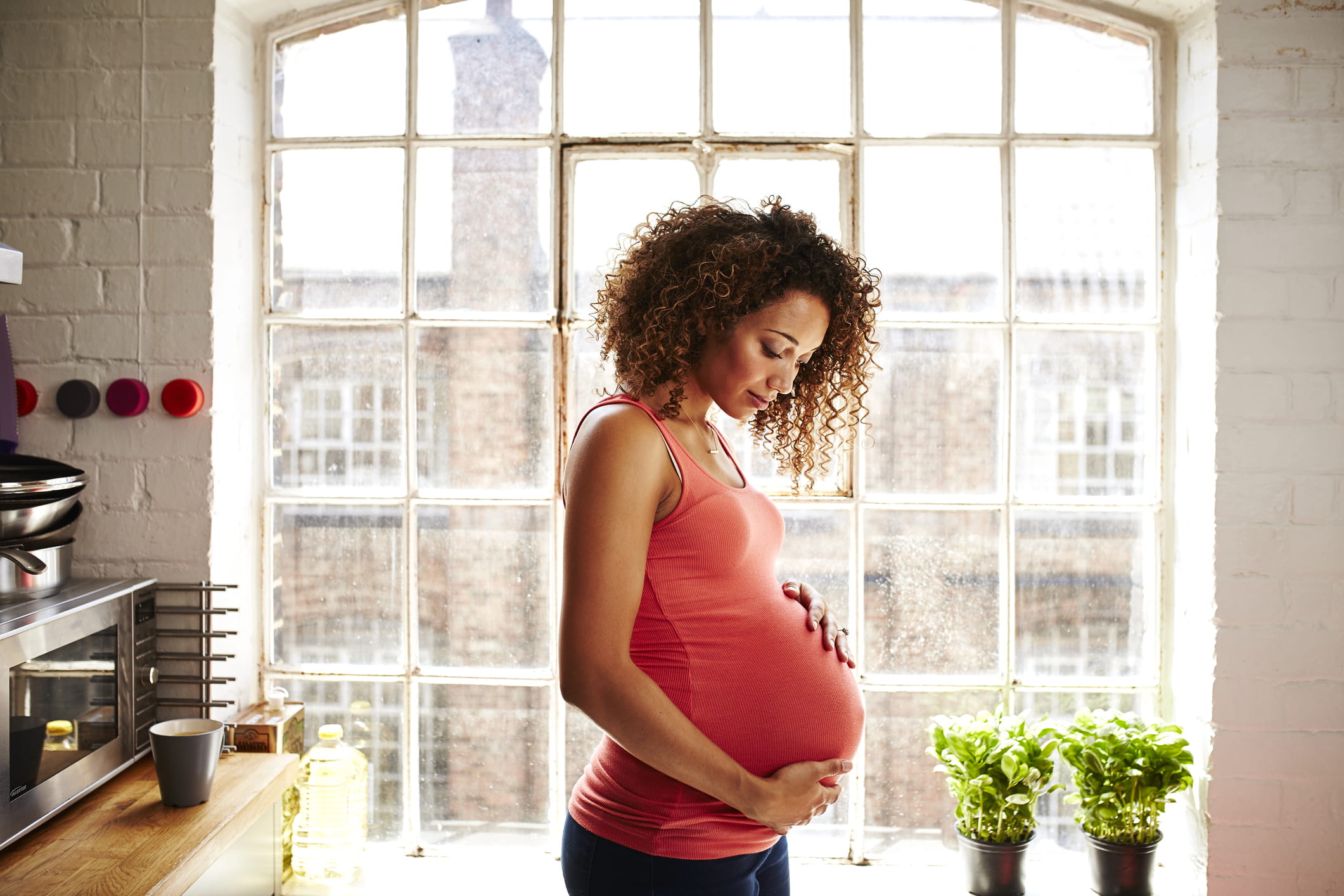Soybeans are high in plant protein, fiber and other nutrients. On the other hand, soy has been targeted as a food to avoid when it comes to hormone-sensitive cancers like breast cancer. So, when it comes to breast cancer risk, is soy helpful or harmful?
“There is a lot of confusion around soy but, the truth is, soybeans are a healthy food and can be a great alternative to animal-based protein,” says Lynne Groeger, M.S., R.D., C.S.O., registered dietitian specializing in oncology nutrition with Riverside Cancer Care Center.
Healthy populations around the world eat soy and have a low rate of breast cancer
Several factors complicate soy research, including:
- Study design
- Human vs. animal trials
- Soy foods vs. isolated components of soy
Because soy studies are not identical, the results of one study may not apply to all people. Some of the best research on soy comes from populations who enjoy soy foods as part of their regular diet.
“Populations around the world that eat soy a few times a week, such as those in Asia, show that soy lowers breast cancer risk,” says Groeger.
The most extensive study on soy and breast cancer risk is the Shanghai Women’s Study that followed more than 73,000 Chinese women over seven years. According to the study, women who ate the most soy had nearly a 60 percent lower risk of breast cancer. A follow-up study on the same population seven years later confirmed the initial findings of lower risk.
Another study conducted on breast cancer survivors in the U.S. and Canada, The Breast Cancer Family Registry, came to similar conclusions. They found that women who ate more soy had a lower risk of recurrence of breast cancer and a lower risk of death.
Let’s set the record straight: phytoestrogen and estrogen are not the same
So, where does the idea come from that soy can increase your risk for breast cancer? Much of the confusion surrounding soy comes from a component of the legume called isoflavones. Isoflavones are compounds found in plants. The compounds have a similar chemical structure to human estrogen. For this reason, isoflavones are also known as phytoestrogens.
Many people confuse human estrogen with phytoestrogen, but they are not the same thing. Phytoestrogens behave differently than estrogen in the body and may help prevent cancer, heart disease and inflammation.
“Soy phytoestrogens are much weaker than human estrogen. While more research is needed, human population studies show regular inclusion of soy is not harmful and may actually be helpful in preventing breast cancer,” says Groeger.
Whole soy foods vs. other sources
The positive research surrounding soy, health and breast cancer comes primarily from populations eating whole food forms of soy rather than concentrated supplements. Therefore, whole soy foods such as edamame, tofu and soy milk are safe and can be part of a healthy diet. However, concentrated sources of soy, including soy pills, powders and foods containing soy protein isolate, are not recommended for women with estrogen-positive breast cancer.
Because soy is high in fiber and low in saturated fat and sodium, it can be a great alternative to animal protein. There are many ways to enjoy soy as the centerpiece of a meal or a side dish. Add lightly steamed soybeans to a salad, snack on dry roasted edamame as a snack, or marinade and grill tofu for a main dish.
Learn more about our oncology nutritionist by visiting Integrative Medicine or calling 757-594-3099.



